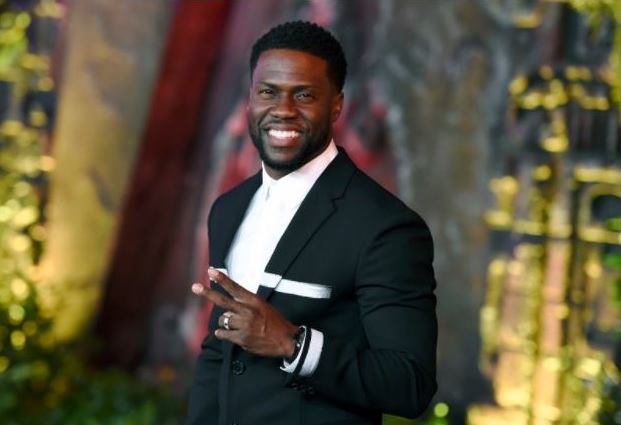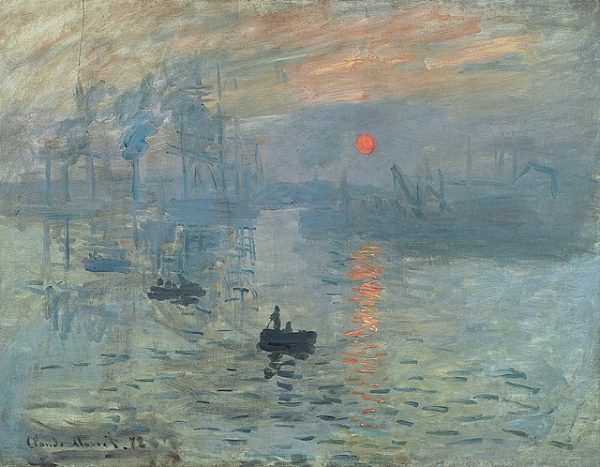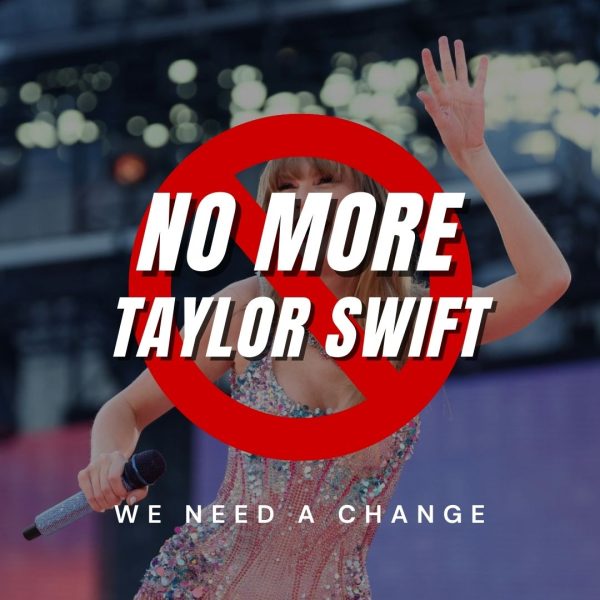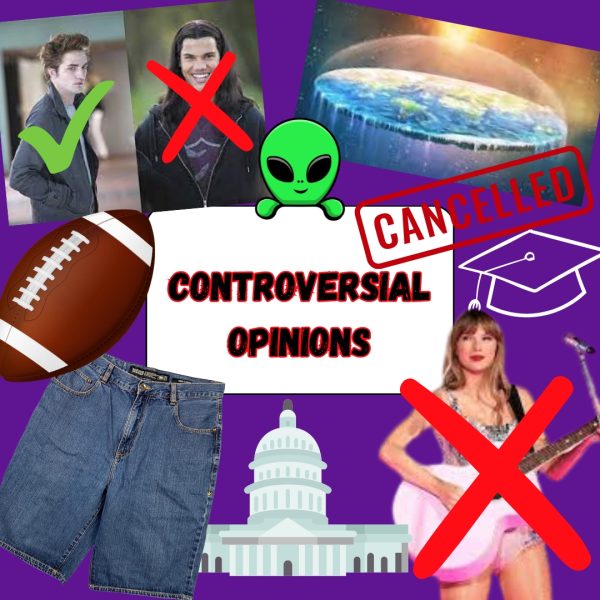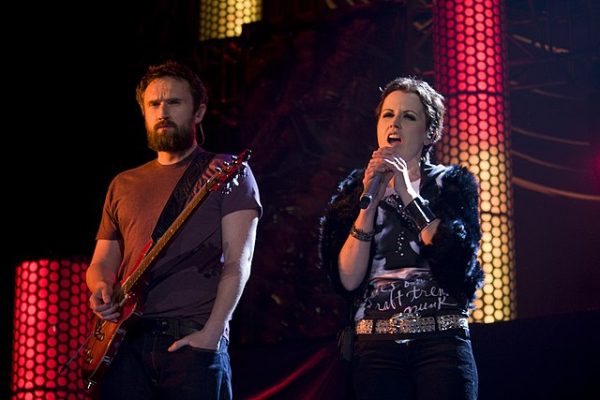It’s Time to “Cancel” Cancel Culture
Kevin Hart stepped down on Dec. 6 from hosting the upcoming Oscars after homophobic tweets from him that were several years old resurfaced. He issued a sincere apology, but in this day and age, an apology is simply not enough to save a person from being “canceled.”
January 10, 2019
For teenagers growing up today, technology plays a greater role in our development than it has for any other generation before us. There is a myriad of new creations and innovations appearing around us every day, and while living in such a high-tech society has its perks, it also comes with its fair share of complications. One of these is the idea that we now inevitably live beneath the microscope of social media, tiptoeing around the knowledge that all of our actions can be immortalized and scrutinized by the entire world with just the click of a camera. This new reality of the technological generation has made way for the emergence of a new toxic phenomenon known as “cancel culture,” the idea of “canceling” people who contribute to or participate in any sort of behavior considered problematic.
If that seems like a vague description, that’s because it is. The lines of what is needed for someone to be “canceled” are quite blurred. In general, however, there are three things to know: for one, the loose definition of “canceling” is stripping away all support and positive attention from someone, usually ruining their career and public image (regardless of whether or not they sincerely apologize). Secondly, cancel culture is mostly centered around the actions of celebrities and public figures, but it can really apply to anyone who makes the wrong person angry. Lastly, “problematic behavior” generally refers to words or actions that exemplify, condone or encourage political incorrectness.
Given the knowledge of what cancel culture is, it isn’t difficult to think of recent examples. Late rapper XXXTentacion was “canceled” after being accused of violence against women from several years prior. Fans and non-fans alike cried out online for him to be held accountable, and the popular streaming service Spotify temporarily removed all of his music. Makeup artist and social media influencer Jeffree Star was also “canceled” after racist comments he had made (again, several years prior) resurfaced, and the world of cancel culture shunned anyone who bought his products. Even as recent as Dec. 6, Kevin Hart stepped down from hosting the Oscars after homophobic tweets made by him (from several years ago, if you didn’t catch the common theme here) resurfaced and he was promptly “canceled.”
Behavior like this should by no means be tolerated. Domestic violence, racism, sexism and homophobia are all menaces to society and must be condemned. However, cancel culture has created a world in which one mistake can ruin a person’s image. XXXTentacion, Star and Hart all issued genuine public apologies for their actions, but in the world of cancel culture, no amount of apologies is enough. Cancel culture is a toxic and harmful trend because it ignores the fact that times change so rapidly in the technological age; now that we live in a society that is more progressive (and less private) than ever, old mistakes are constantly being exposed and new mistakes are constantly being made. However, humans are naturally flawed and the primary way that we learn is by making errors. If errors are not permitted and allowed as opportunities for learning, no growth can ever occur.
I believe that people can change. I know this to be a fact because I personally have changed drastically in the mere 16 years that I have been alive. Accountability is important, but so is growth. Inappropriate social behavior should not be accepted, but apologies should. Without the existence of redemption and forgiveness, we would all be canceled.


